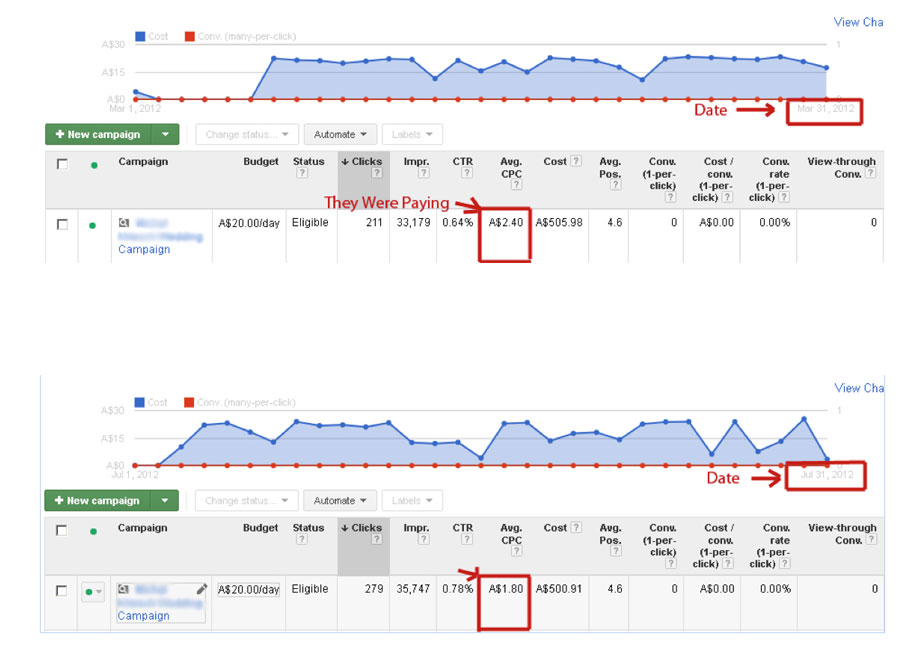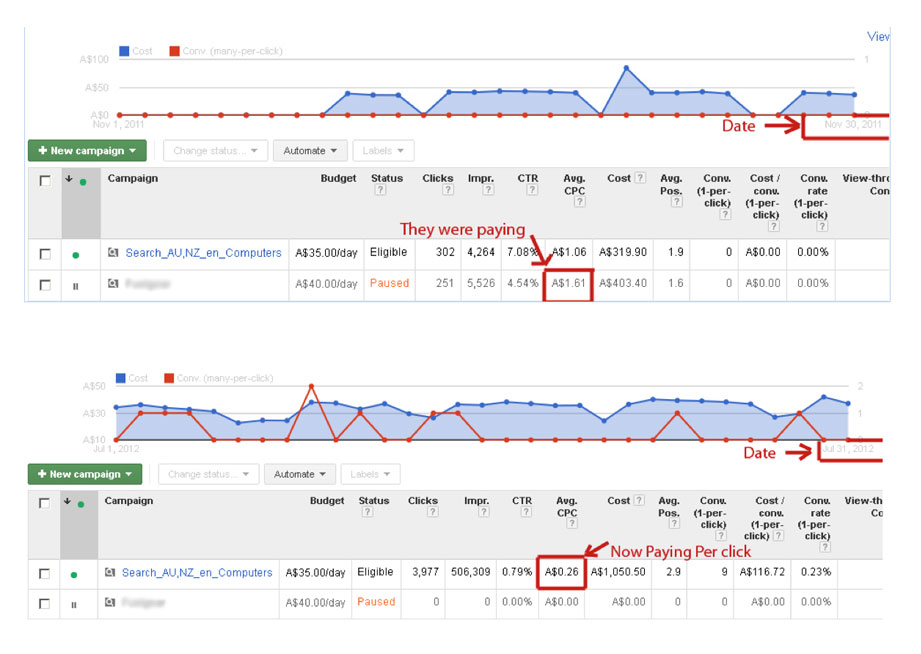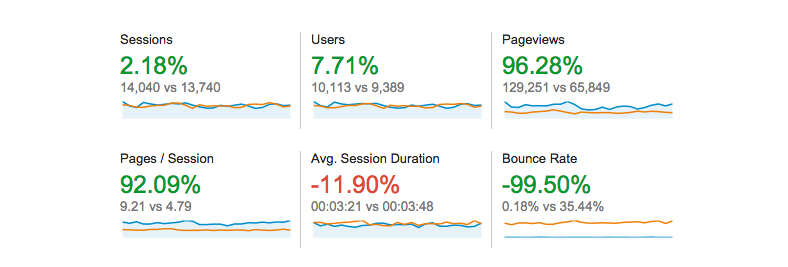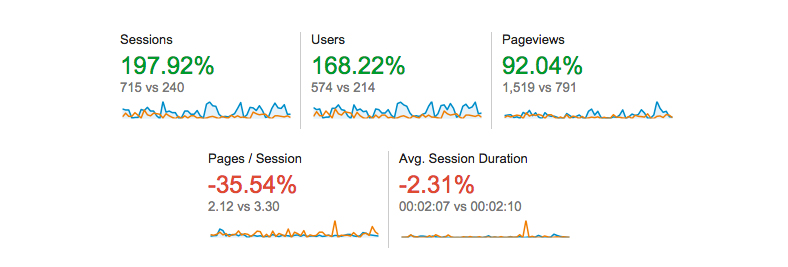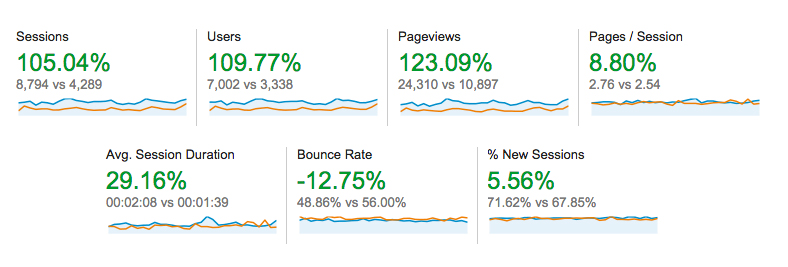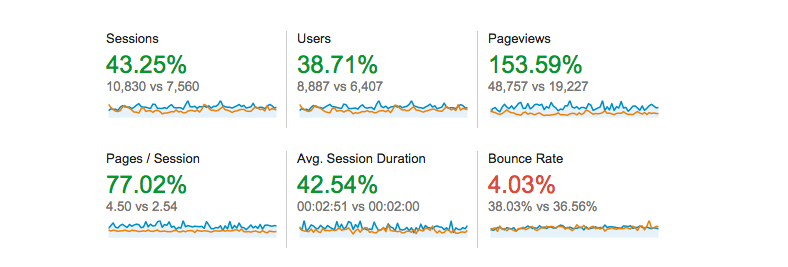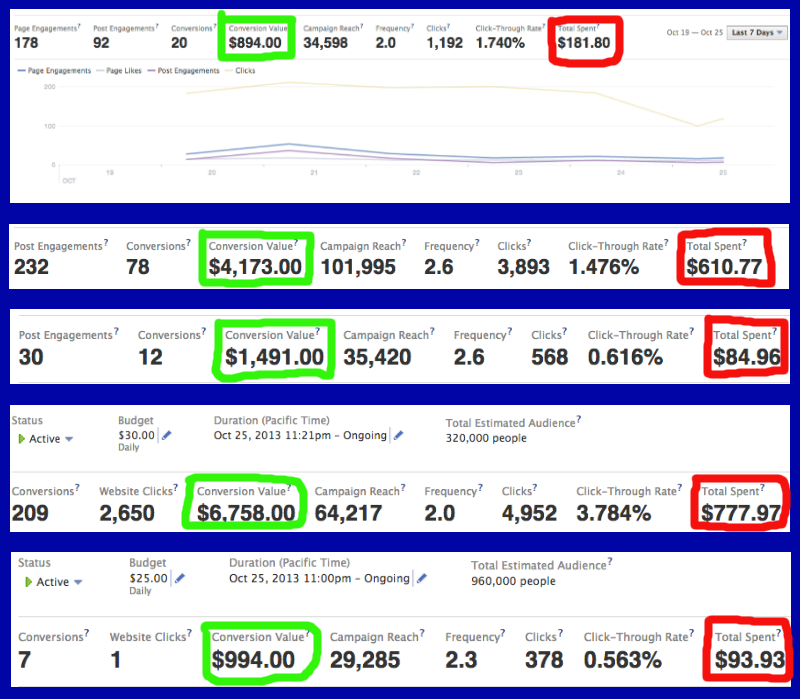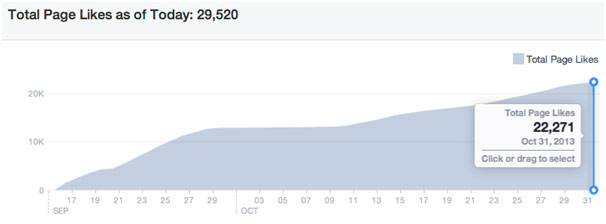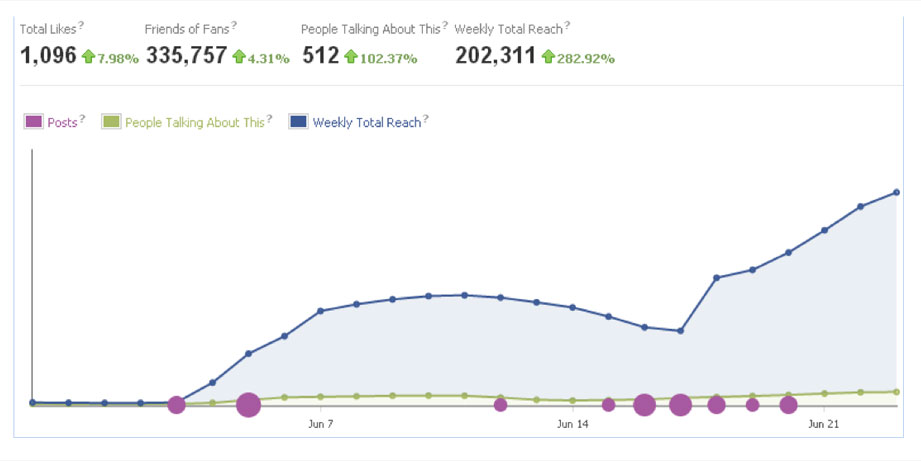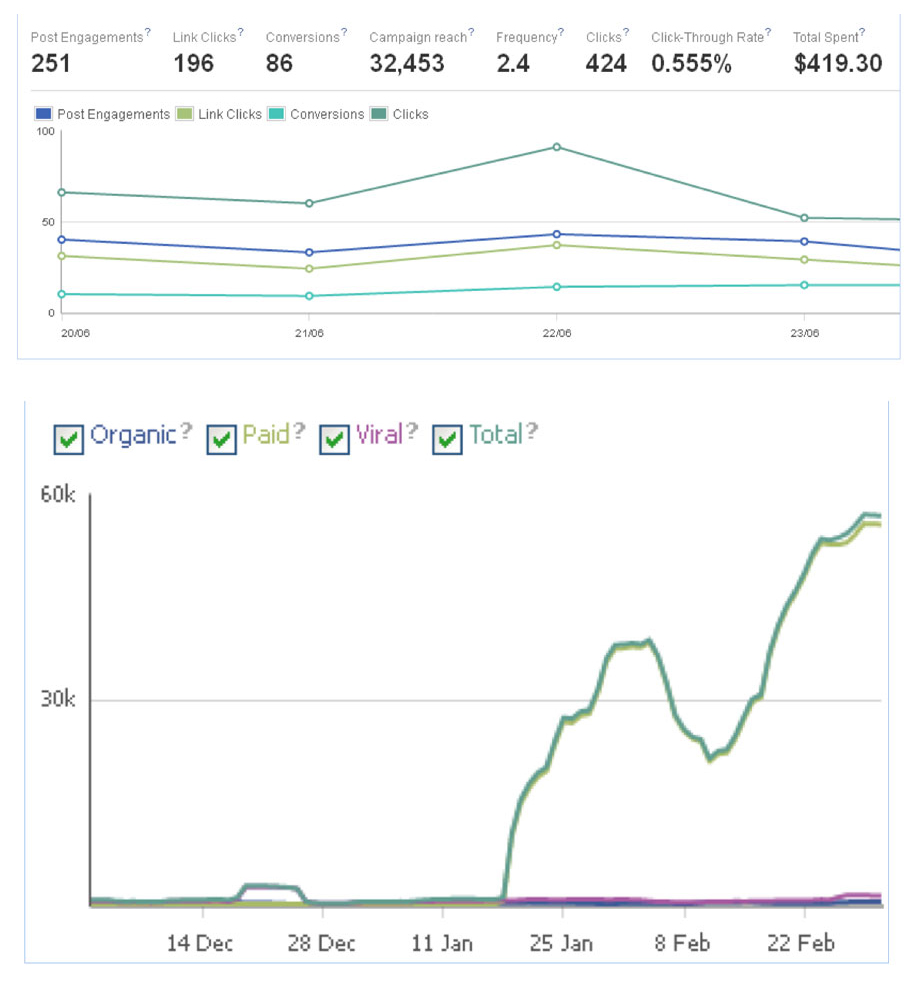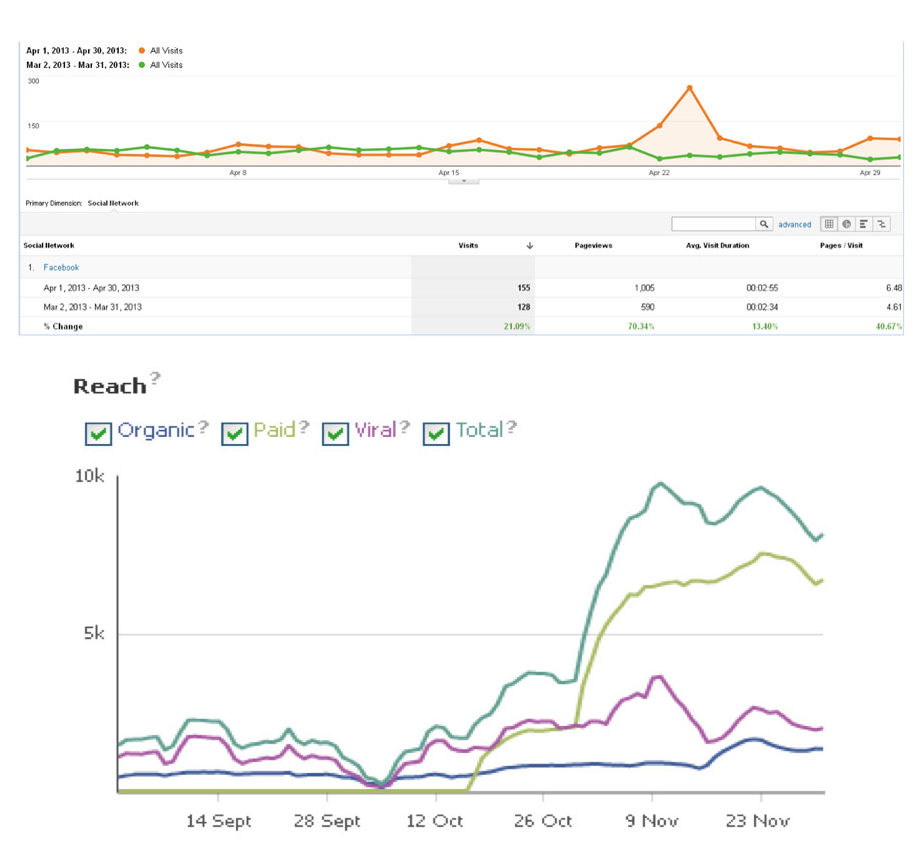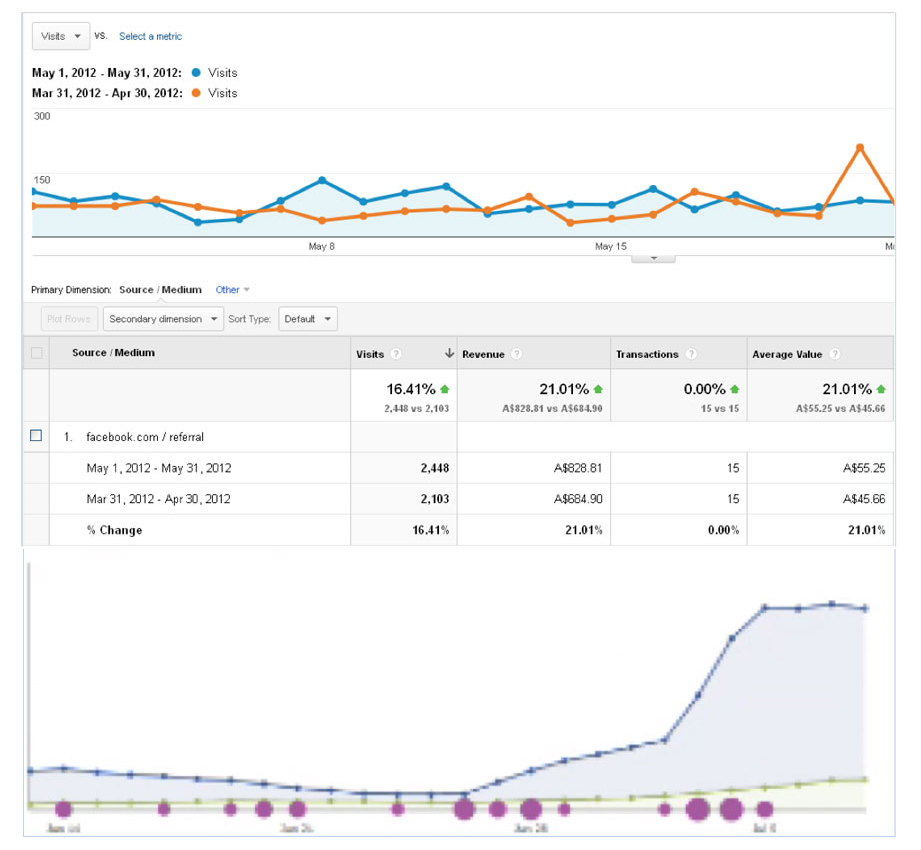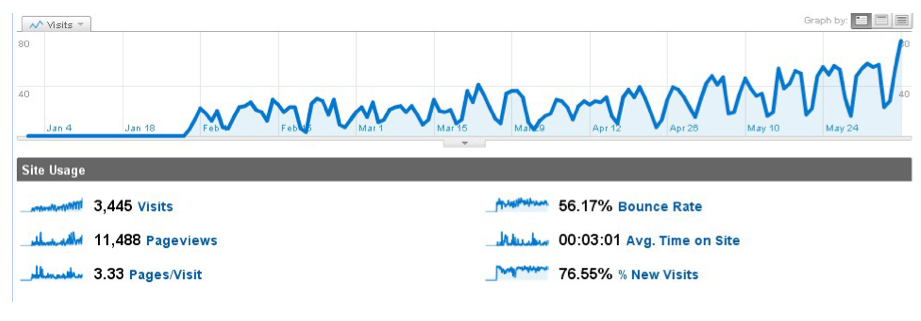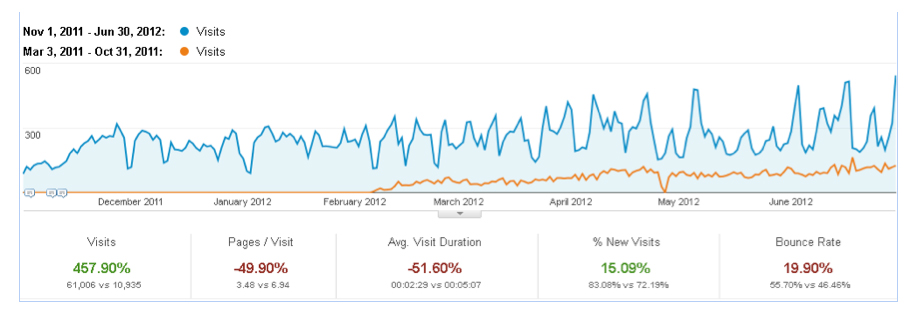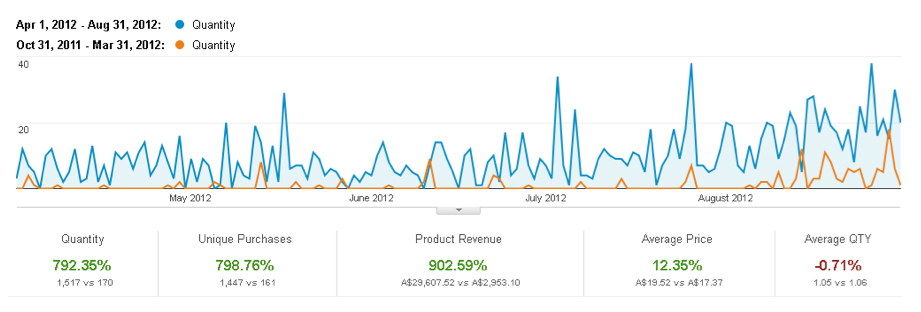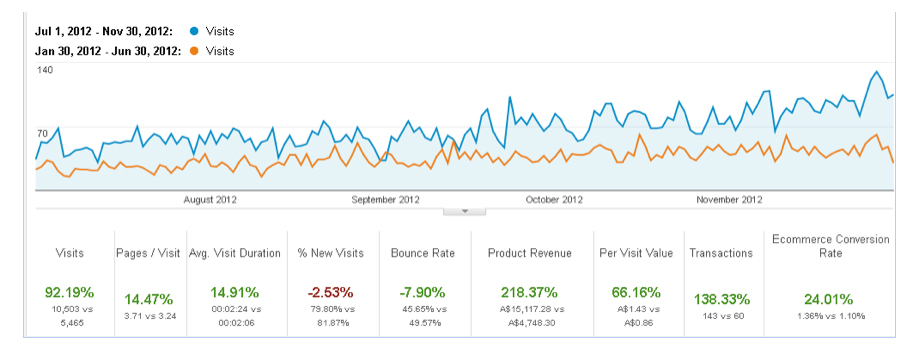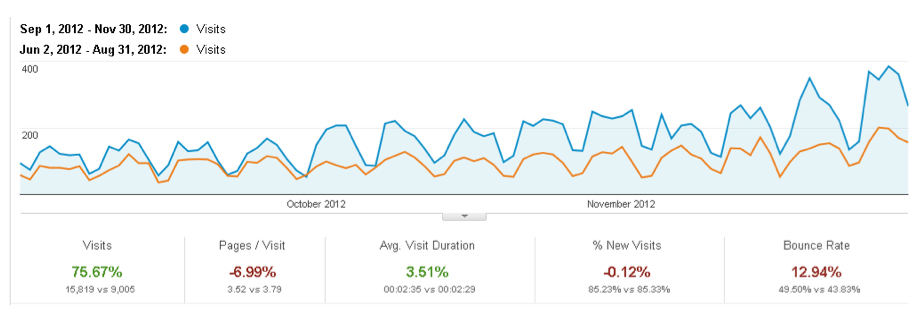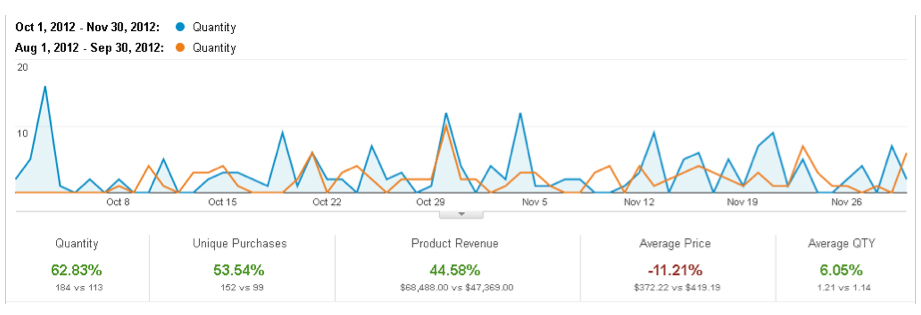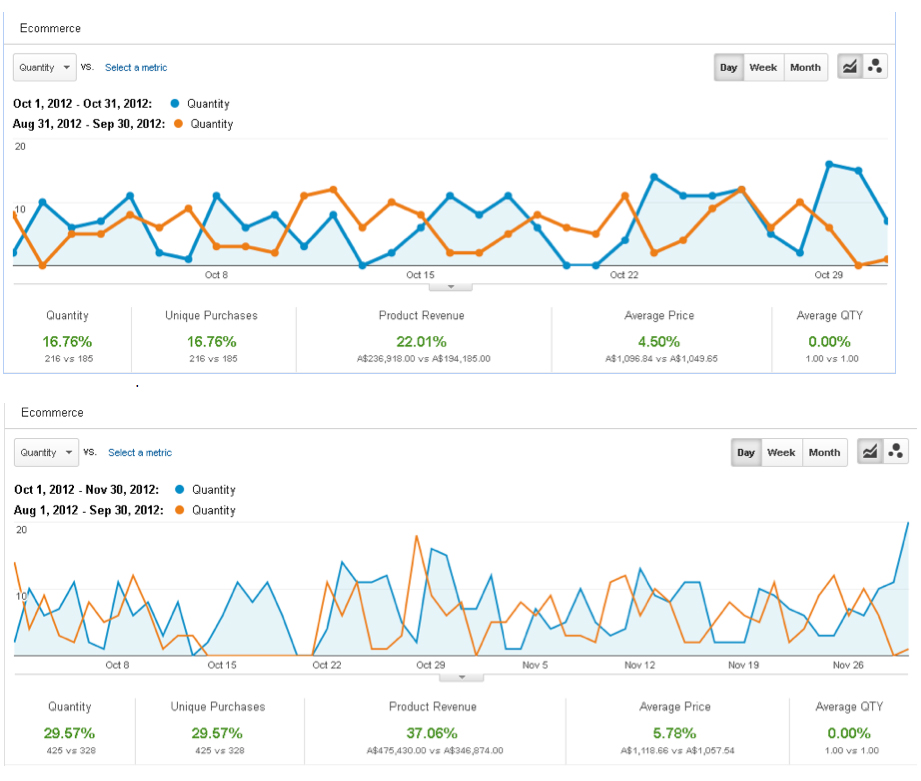How to Find the Best Keywords for Adwords and SEO
Are you wondering about what makes the ideal keywords for your web marketing campaign? If you’ve been in the web marketing business for quite some time then you’d know all too well that using the right keywords is important; significant enough to mean the difference between failure and success. Don’t fret though; in this article we aim to show you how to do just that. Let’s get right to it!
Now before we delve into choosing the right keywords for your Adwords and SEO, you need to understand the 4 levels in which people may actually search for your business online:
- People that are not aware at all; Google Adwords search doesn’t apply to this level
- People that have heard something; searches done with abstract terms – cars, shoes, flowers, etc. Broad topics that make it difficult to figure out what these people are searching for. We generally don’t want to target these people as you’d be paying more for advertising with minimal chances of conversion.
- Interested people – searches done with specific terms by people who are aware and interested in your product or service. You may not know exactly what they’re looking for; people doing a search for a “blue Subaru WRX 2015” might be looking for paint, accessories or a photo. These people might be looking for a whole range of things but there’s a good chance that many of these people might be interested if you have that particular car for sale.
- Want it now with credit cards out – people that are ready to buy a particular product or service. They tend to use more specific terms like “purchase a blue Subaru WRX 2015” or anything to that effect.
Using the Google Keyword Tool to find the best keywords for your web marketing campaign
The first thing that you need to do is to do a search for “Google Keyword Planner” and it should come up in the search results. To start using it, you’ll need to log in to your Google account and this should take you to the Keyword Planner “Where would you like to start?” screen. So how do you go about using this particular tool to get the keywords you need? Let’s get right to it!
Search for new keywords using a phrase, website or category
Click on this option; you should already know what your products or services are related to. Simply put a keyword; say you have a camping store so you might want to put in the keyword “camping supplies”.
Pay attention to the different options under “targeting which includes the area or location that you want to target whether its Australia-wide, UK, US or wherever. You can also get more specific by putting in the particular state that you wish to target. You can also select a language to target and it’s set to English by default. If you’re only starting out then you can leave the rest of ‘settings’ alone. It’s set up pretty well by default and you can just click on “Get Ideas” to get started.
Now when you’re ready to get into something a little more advanced then you can check out the options under “filters” that enable you to sort keywords according to search volume, suggested bid, impressions and the level of competition. Don’t worry too much about the last 3 options; the goal is to uncover qualified keywords first then let your users tell you which keywords you should be using. You don’t want to miss out on potentially profitable keywords just because you’re looking for the lowest cost per click available or low competition keywords.
Once you click on “Get Ideas”, you’ll be presented with so called ad group ideas. These contain keywords that you can just take and use for your campaign. If your niche is camping supplies then you’d most likely find keywords like camping gear, sleeping bag and backpacking gear. You can also see search volume and the number of people doing searches on Google for that particular keyword. All these offer a good estimate on which keywords are most suitable for your business.
Now, you might want to check out other resources available about targeting the right kind of keywords and go more in depth. For now though, you can focus on keywords that have high commercial intent as opposed to search volume. The keyword “camping store” in our example is one such keyword as it implies that the user is looking for a store that sells camping supplies online. You might also want to consider taking up keywords with the word “cheap” or “affordable” as these are used by people who are ready to spend money buying whatever product or service they need.
Google keyword planner gives you keyword group ideas on what the search engine thinks is most relevant to your business. This is the perfect place to start gathering keywords or search terms that you can use for a profitable web marketing campaign. Simply click on “add to plan” to take a particular keyword or add a group then copy it to your clipboard. You can also download the keywords as an excel file or simply save it to your account for your reference and use it directly on your Adwords account.
Once again don’t worry too much about the other details such as competition and suggested bid; these are generally inaccurate. At this point, you are better off focusing on gathering the most relevant and viable keywords for your business.
What keywords are your competitors using?
Another great way to use Google Keyword Planner and obtain good keywords is to look up the keywords that your competitors are ranking for. To do this simply click on “modify search” and under “your landing page”, put in the link to your competitor’s website. Select “Get Ideas” and Google will give you keyword suggestions based on that particular website.
Be careful not to add just about any keyword to your campaign and exercise due diligence on the matter. After all you don’t want to be wasting money advertising on search terms that are not related or simply not profitable enough.
Finding keywords through product categories
Last but certainly not least, you can find additional keyword suggestions by delving into the product categories. In the case of a camping store, you can choose “All” and get general keyword suggestions or put in a specific category if you only cater to a certain product or service – backpacking & camping food, flashlights, binoculars, hiking, etc.
So there you have it – that’s how you use the Google Keyword Planner to find the best keywords for your type of business. If you need help with your Adwords campaign then you can go to https://thinkbigonline.com/ and get in contact with us.




